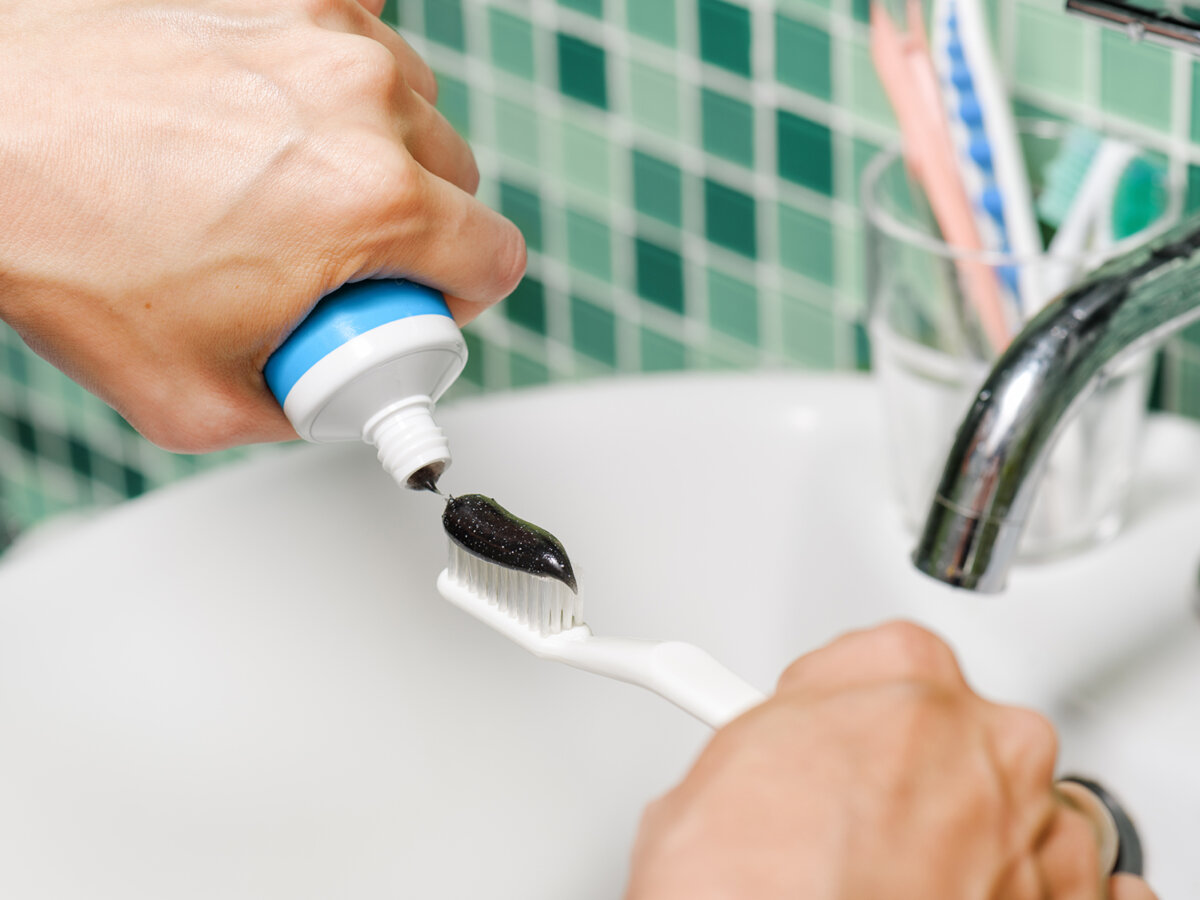Blog
Dental hygiene tips for healthy teeth & gums

Does charcoal damage the enamel?
Activated charcoal has become the quintessential ingredient for toothpaste. The whitening effects of charcoal and its news have spread far and wide. A few years ago, the fad of charcoal activated toothpaste began with the ‘au natural’ healthcare industry’s marketing strategies. The trend is rising, with almost every oral hygiene brand having its activated charcoal toothpaste. But, on the flip side, it is alleged that charcoal can damage the enamel. The abrasive substance is said to cause irreversible damage to the precious enamel. The looming question is whether charcoal toothpaste is detrimental to the teeth, or is it just a myth waiting to be busted?
What is activated charcoal?
Activated charcoal is a fine powder produced from wood, coal, coconut shells, and other natural ingredients oxidized under extreme heat conditions. This activated charcoal is very different from the charcoal used in barbeques, so preparing activated charcoal at home is out of the picture. Activated charcoal binds and traps toxins and helps in flushing them out of the body. Thus, it adsorbs the toxins rather than absorbing them. The adhesive qualities of activated charcoal allow it to stick to compounds that stain the teeth’ surface, like coffee or cigarettes, and remove them from the teeth. Thus, it can remove toxins a thousand times more than its weight due to phenomenal adsorption qualities. But, the teeth whitening qualities of activated charcoal end at the extrinsic stage. So, people going through temporary teeth stains caused by food habits can use charcoal activated toothpaste to get those pearly whites back.
How much is too much?
Activated charcoal is safe to ingest, but it is very gritty. The abrasiveness is a source of concern for many dental experts. The prolonged use of activated charcoal toothpaste with harsh strokes can wear down the enamel and expose the dentin. Some small studies have found that regular use of charcoal activated toothpaste can damage the enamel if scrubbed against them for a more extended period. On the contrary, some research has proven that proper use of activated charcoal toothpaste or powder is safe for tooth enamel and does not lead to its erosion.
The approved level of abrasiveness
The American Dental Association meticulously measures the erosive effects of substances in toothpaste and similar products using RDA (Relative Dentin Abrasivity) and other premium techniques. The FDA recommended RDA upper limit in toothpaste is 200 and the lower limit is zero. An RDA of 150 – 250 is regarded as extraordinarily abrasive and harmful for teeth enamel: whereas, an RDA of 70 – 100 is considered ‘midrange abrasive’. It is worth noting that most of the charcoal activated toothpaste and powders available in the market have an RDA score of 70 to 90.
So, charcoal activated dental products can be beneficial, but one must be very mindful and gentle while using them. Awareness begins at home, and it is imperative to look at the ingredients along with the RDA score of your toothpaste.
In case of discomfort, pain, or other issues related to teeth and gums, please visits your nearest dentist at the earliest.
Book Appointment to find out which treatment might be best for you.


